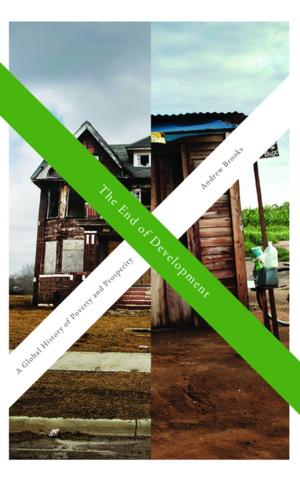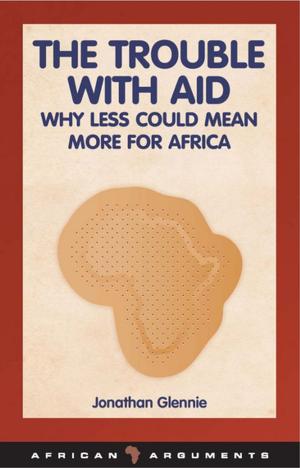Checkpoint Watch
Testimonies from Occupied Palestine
Nonfiction, Social & Cultural Studies, Political Science, Politics, Civil Rights, Social Science| Author: | Judith Keshet | ISBN: | 9781848136250 |
| Publisher: | Zed Books | Publication: | July 4, 2013 |
| Imprint: | Zed Books | Language: | English |
| Author: | Judith Keshet |
| ISBN: | 9781848136250 |
| Publisher: | Zed Books |
| Publication: | July 4, 2013 |
| Imprint: | Zed Books |
| Language: | English |
This book is a critical exploration of Israel's curfew-closure policy in the Occupied Palestinian Territories through the eyes of CheckpointWatch, an organization of Israeli women monitoring human rights abuses. The book combines observers' daily reports from the checkpoints and along the Separation Wall, with analysis of the bureaucracy that supports the ongoing occupation. Keshet demonstrates the link between Israeli bureaucracy and the closure system as integral to a wider project of ethnic cleansing. As co-founder of the group, Keshet critically reviews the organisation's transformation from a feminist, radical protest movement to one both reclaimed by, and reclaiming, the consensus. Illustrating the nature of Israeli mainstream discourse as both anodyne and cruel, the book also analyses Israeli media representation of Checkpoint Watch and human rights activism in general. Keshet contends that the dilemmas of these Israeli women, torn between opposition to the Occupation and their loyalty to the state, reflects political divisions within Israel society as a whole.
This book is a critical exploration of Israel's curfew-closure policy in the Occupied Palestinian Territories through the eyes of CheckpointWatch, an organization of Israeli women monitoring human rights abuses. The book combines observers' daily reports from the checkpoints and along the Separation Wall, with analysis of the bureaucracy that supports the ongoing occupation. Keshet demonstrates the link between Israeli bureaucracy and the closure system as integral to a wider project of ethnic cleansing. As co-founder of the group, Keshet critically reviews the organisation's transformation from a feminist, radical protest movement to one both reclaimed by, and reclaiming, the consensus. Illustrating the nature of Israeli mainstream discourse as both anodyne and cruel, the book also analyses Israeli media representation of Checkpoint Watch and human rights activism in general. Keshet contends that the dilemmas of these Israeli women, torn between opposition to the Occupation and their loyalty to the state, reflects political divisions within Israel society as a whole.















